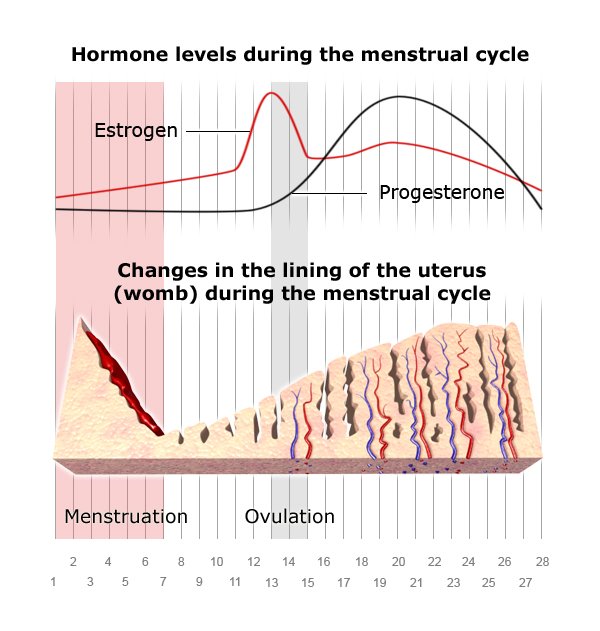Beckermann MJ. Das prämenstruelle Syndrom - ein Konstrukt? In: Beckermann MJ, Perl FM (Ed). Frauen-Heilkunde und Geburts-Hilfe. Band 1. Basel: Schwabe; 2004. S. 502-527.
Busse JW, Montori VM, Krasnik C et al. Psychological intervention for premenstrual syndrome: a meta-analysis of randomized controlled trials. Psychother Psychosom 2009; 78(1): 6-15.
Canning S, Waterman M, Dye L. Dietary supplements and herbal remedies for premenstrual syndrome (PMS): a systematic research review of the evidence for their efficacy. J Reprod Infant Psychol 2006; 24(4): 363-378.
Dante G, Facchinetti F. Herbal treatments for alleviating premenstrual symptoms: a systematic review. J Psychosom Obstet Gynaecol 2011; 32(1): 42-51.
Dennerstein L, Lehert P, Heinemann K. Global epidemiological study of variation of premenstrual symptoms with age and sociodemographic factors. Menopause Int 2011; 17(3): 96-101.
Ford O, Lethaby A, Roberts H et al. Progesterone for premenstrual syndrome. Cochrane Database Syst Rev 2012; (3): CD003415.
Kwan I, Onwude JL. Premenstrual syndrome. BMJ Clin Evid 2015: 0806.
Lopez LM, Kaptein AA, Helmerhorst FM. Oral contraceptives containing drospirenone for premenstrual syndrome. Cochrane Database Syst Rev 2012; (2): CD006586.
Marjoribanks J, Brown J, O'Brien PM et al. Selective serotonin reuptake inhibitors for premenstrual syndrome. Cochrane Database Syst Rev 2013; (6): CD001396.
Mooney-Somers J, Perz J, Ussher JM. A complex negotiation: women's experiences of naming and not naming premenstrual distress in couple relationships. Women Health 2008; 47(3): 57-77.
O'Brien PM, Bäckström T, Brown C et al. Towards a consensus on diagnostic criteria, measurement and trial design of the premenstrual disorders: the ISPMD Montreal consensus. Arch Womens Ment Health 2011; 14(1): 13-21.
Sveinsdóttir H, Lundman B, Norberg A. Whose voice? Whose experiences? Women's qualitative accounts of general and private discussion of premenstrual syndrome. Scand J Caring Sci 2002; 16(4): 414-423.
Van Die MD, Burger HG, Teede HJ et al. Vitex agnus-castus extracts for female reproductive disorders: a systematic review of clinical trials. Planta Med 2013; 79(7): 562-575.
IQWiG health information is written with the aim of helping people understand the advantages and disadvantages of the main treatment options and health care services.
Because IQWiG is a German institute, some of the information provided here is specific to the German health care system. The suitability of any of the described options in an individual case can be determined by talking to a doctor. informedhealth.org can provide support for talks with doctors and other medical professionals, but cannot replace them. We do not offer individual consultations.
Our information is based on the results of good-quality studies. It is written by a team of health care professionals, scientists and editors, and reviewed by external experts. You can find a detailed description of how our health information is produced and updated in our methods.


